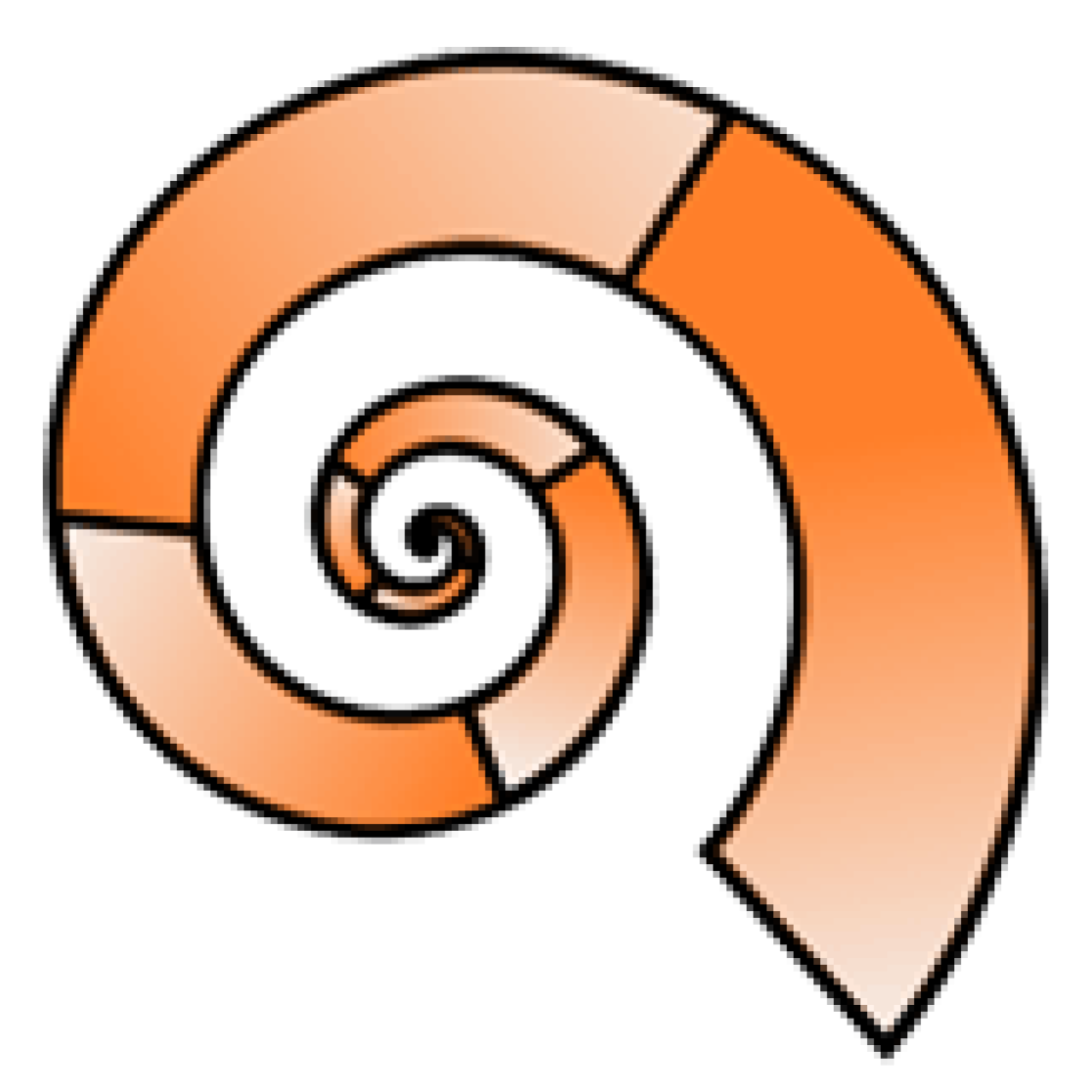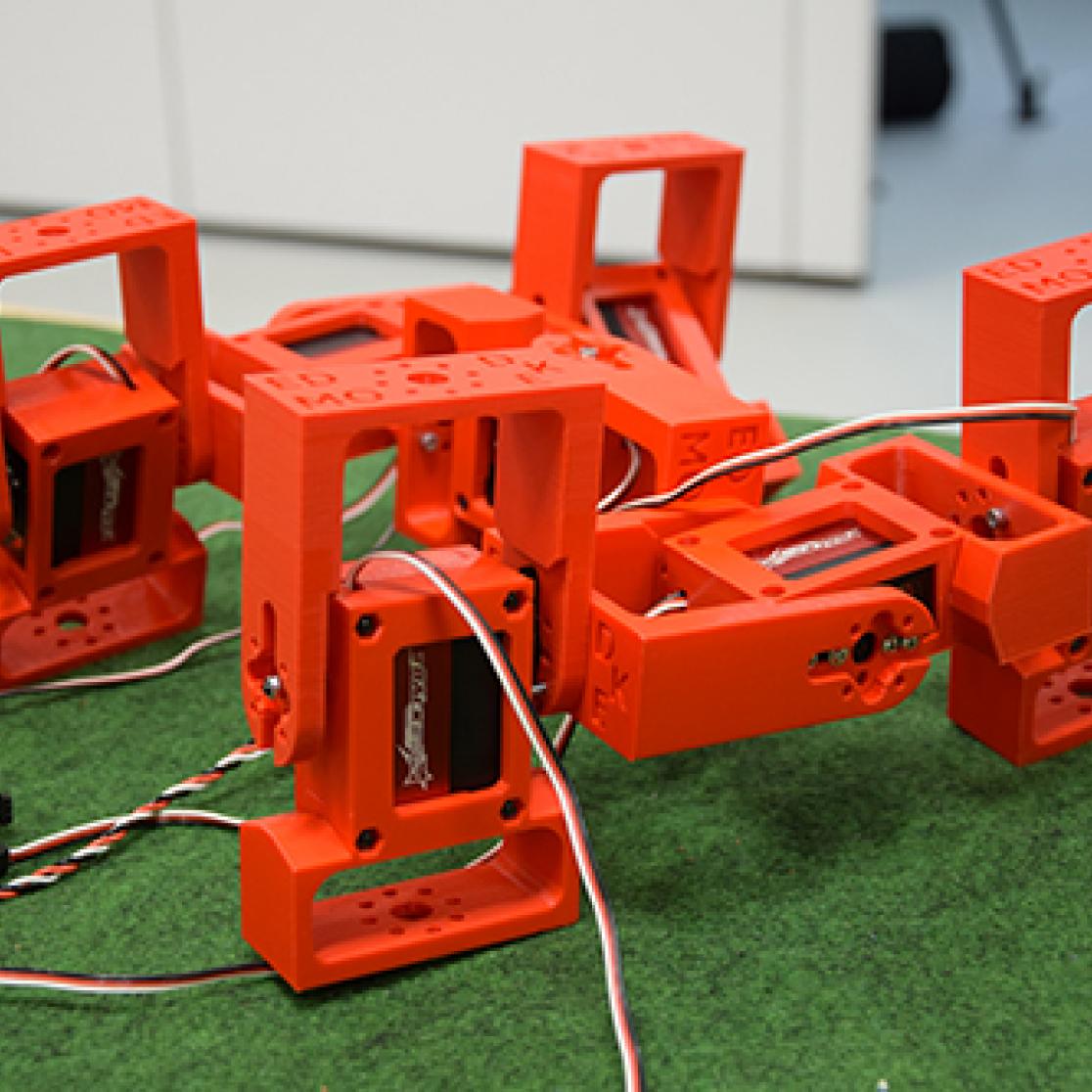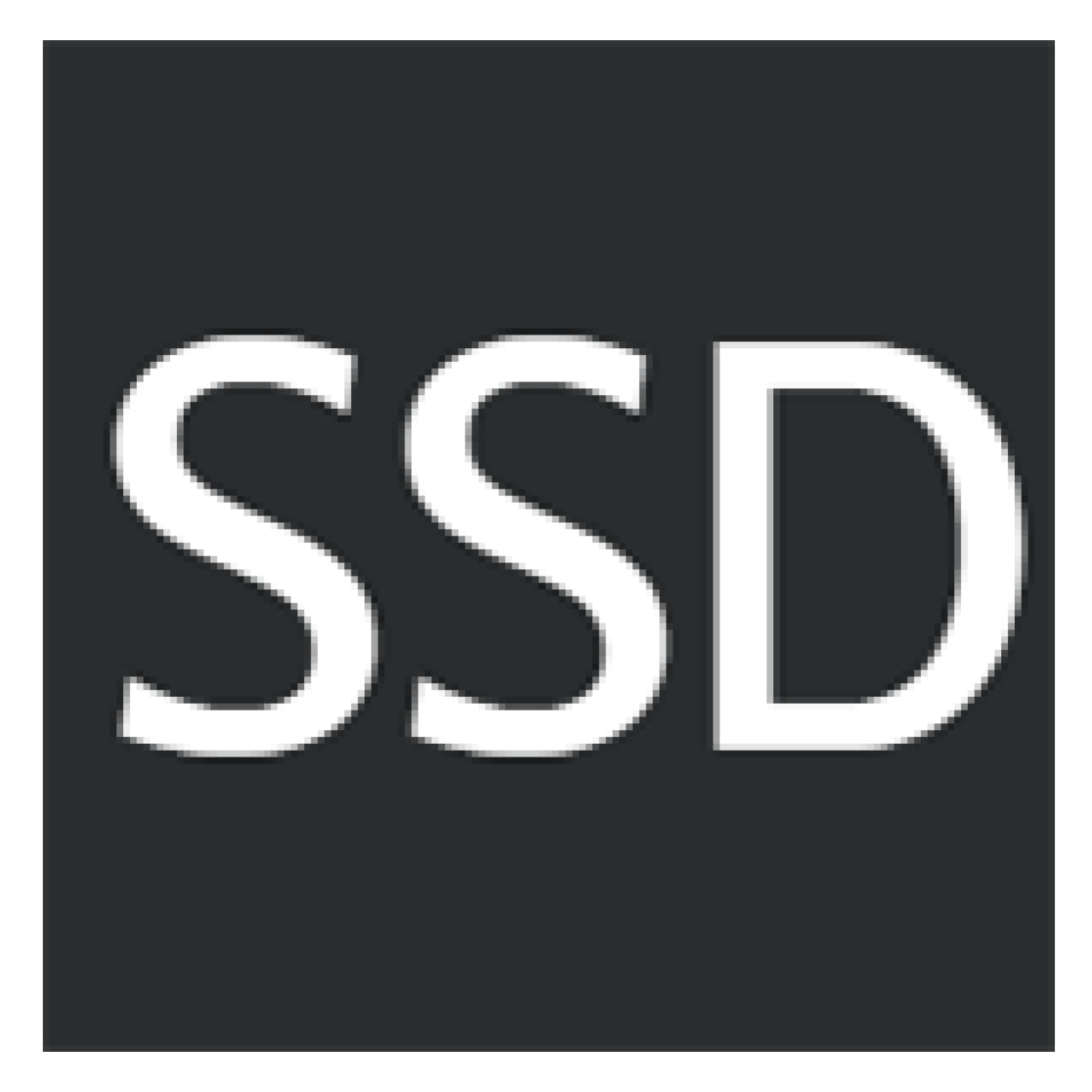Publicly available resources
A number of free tools are currently under development, or have been developed, as part of ongoing research at the Department of Advanced Computing Sciences.
Jump to:
Ariadne: A C++ library for formal verification of cyber-physical systems
The Data Science Research Infrastructure (DSRI - for Maastricht University users)
Data2Services: documentation and tools for building RDF knowledge graphs
DTW4Omics: Comparing Patterns in Biological Time Series
EDMO: Low-cost robotic platform for education
FAIR enough: a service to evaluate the FAIRness of digital resources
fair-test: a python library to publish FAIRness assessments
GeneSetPCA
Ludii: General Game System
OpenPredict: an API to predict biomedical concepts associations
perfect-graph: a ReactJS component to create network visualizations
rdflib-endpoint: a python library to deploy SPARQL endpoints
Shapes of You: an index for semantic knowledge
Singular Spectrum Decomposition (SSD)
Translator Knowledge Collaboratory
Ariadne: A C++ library for formal verification of cyber-physical systems
Ariadne is a library for formal verification of cyber physical systems. In particular, it allows to model such systems as hybrid systems, focusing on nonlinear behavior. The library is written in C++ and it is distributed using Git on BitBucket under the GPLv3 license.
Ariadne is developed in collaboration with the University of Verona, Italy.

The Data Science Research Infrastructure (DSRI)
Note: DSRI is available to Maastricht University users.
A distributed and scalable infrastructure to run Data Science experiments at Maastricht University. The Data Science Research Infrastructure is a cluster of servers to deploy workspaces and applications for Data Science. It works by starting workspaces and applications in Docker containers that are automatically deployed to a powerful server on the cluster using Kubernetes, a container orchestration system. Users at UM can then access their workspace or application through an URL automatically generated. Various popular workspaces for Data Science are available, such as JupyterLab, VisualStudio Code, RStudio, Matlab, but you can also deploy anything installed in a Docker container.
Data2Services: documentation and tools for building RDF knowledge graphs
Documentation about the different steps to go through, and the existing tools to build and publish RDF knowledge graphs. There is also a python Command Line Interface tool available to help orchestrate some of the operations.
DTW4Omics: Comparing Patterns in Biological Time Series
Dynamic time warping is a method for calculating the best alignment between two sequences. By applying this to time courses from omics data we can find associations between variables which would normally be obscured by time. The tool compares the alignment from the real data with permuted data and hence allows you to estimate the significance of the alignment found.
DTW4Omics is implemented in R.
EDMO: Low-cost robotic platform for education
EDMO is a custom-made EDucational MOdular robotic platform developed for robotics education. The EDMO platform is designed as a versatile, modular robotic platform that allows students to construct and explore a variety of robotic morphologies including snake, biped, and quadruped configurations. EDMO is openly available for replication.

FAIR enough: a service to evaluate the FAIRness of digital resources
A web service to evaluate how much a digital resource complies with the FAIR principles (Findable, Accessible, Interoperable, Reusable). Evaluations can use different Collections of Metrics tests depending on the requirements for FAIRness compliance in different communities. Users can also use the fair-test library to create, publish and register new Metrics tests for new FAIRness assessments.
fair-test: a python library to publish FAIRness assessments
A Python library to build and deploy FAIR metrics tests APIs, supporting the specifications defined by the FAIRMetrics working group, that can be queried to assess if a resource is complying with the FAIR principles (Findable, Accessible, Interoperable, Reusable). It aims to enable Python developers to easily write, and deploy FAIR metric tests functions that can be queried by various FAIR evaluations services, such as FAIR enough and the FAIRsharing FAIR Evaluator.
GeneSetPCA
GeneSetPCA is a tool for overlaying information about sets of variables onto loadings plots generated from multi-variate models. For instance, you can use it to visualize which pathways (represented by sets of genes) are important within a PCA model of your gene expression data. In this way you can add additional interpretation to your PCA, PLS or other multivariate models.
GeneSetPCA is implemented as a Matlab GUI.
Ludii: General Game System
Ludii is a general game system designed to play, evaluate and design a wide range of games, including board games, card games, dice games, mathematical games, simple video games, and so on. Download the Ludii player to explore a growing database of games, test your AI search algorithms, and design your own games.
Ludii is being developed as part of the ERC-funded Digital Ludeme Project.

OpenPredict: an API to predict biomedical concepts associations
An API to compute and serve predictions of biomedical concepts associations, developed for the NIH NCATS Biomedical Data Translator project. Additional embeddings can be incrementally added to improve the accuracy of the models.
Shapes of You: an index for semantic knowledge
A knowledge graph containing structured or semantic resources indexed from code repositories (i.e. GitHub, GitLab), such as OWL/SKOS ontologies, SHACL/ShEx shapes, SPARQL queries, or OpenAPI specifications. The system also index active SPARQL endpoints to link them to published queries, and analyze which types and predicates are used in each endpoint. It can be really helpful if you are searching for existing semantic material for a specific domain.
Singular Spectrum Decomposition (SSD)
Singular Spectrum Decomposition is an adaptive method for decomposing nonlinear and nonstationary time series in narrow-banded components. The method takes its origin from singular spectrum analysis (SSA), a nonparametric spectral estimation method used for analysis and prediction of time series. Unlike SSA, SSD is a decomposition method in which the choice of fundamental parameters has been completely automated.

Translator Knowledge Collaboratory
The Knowledge Collaboratory is a web service to help publishing short scientific claims as Nanopublications for the NIH NCATS Biomedical Data Translator project. It aims to provide tools to make it easy to annotate claims expressed in natural language, and to publish them publicly using linked open data standards.